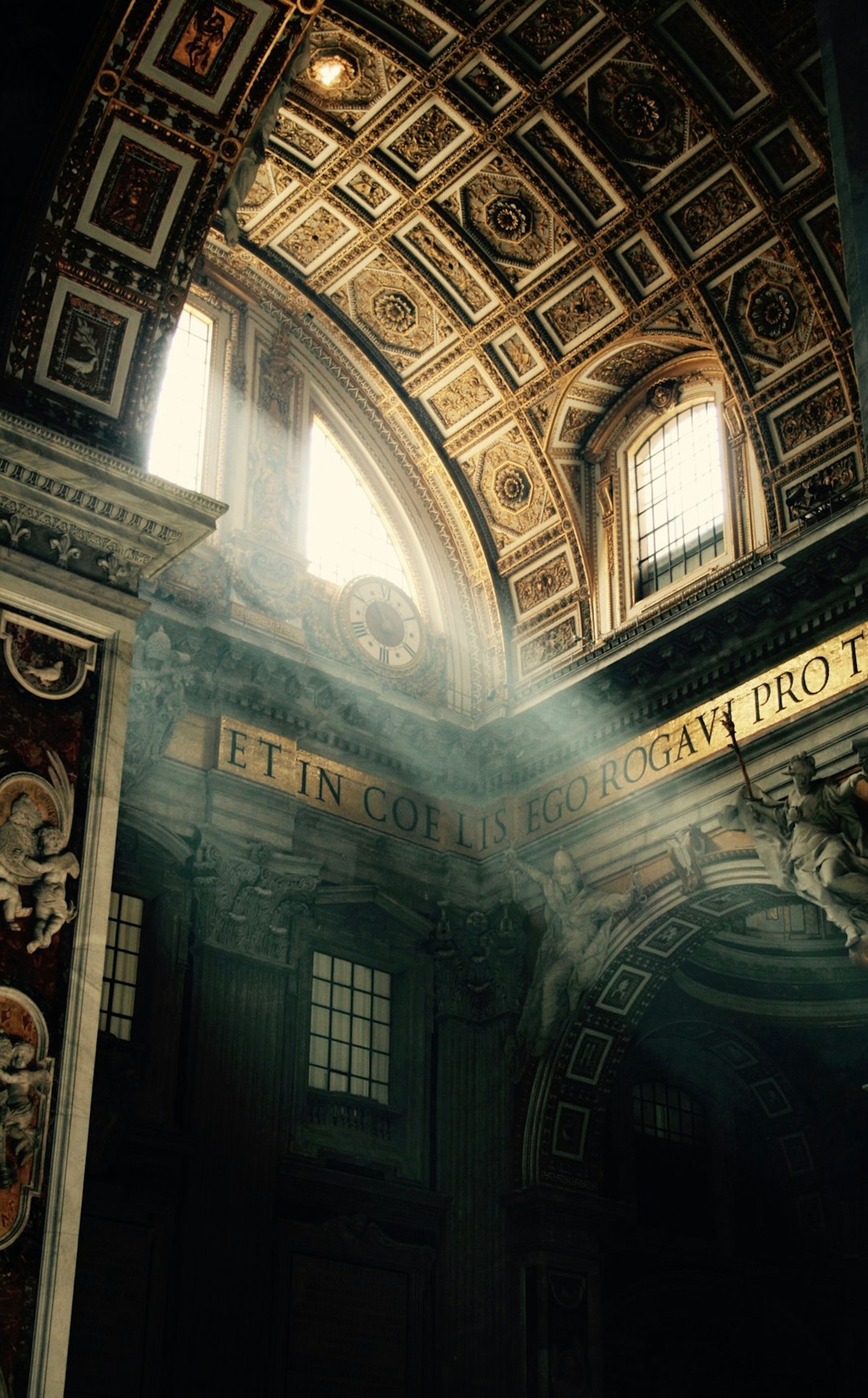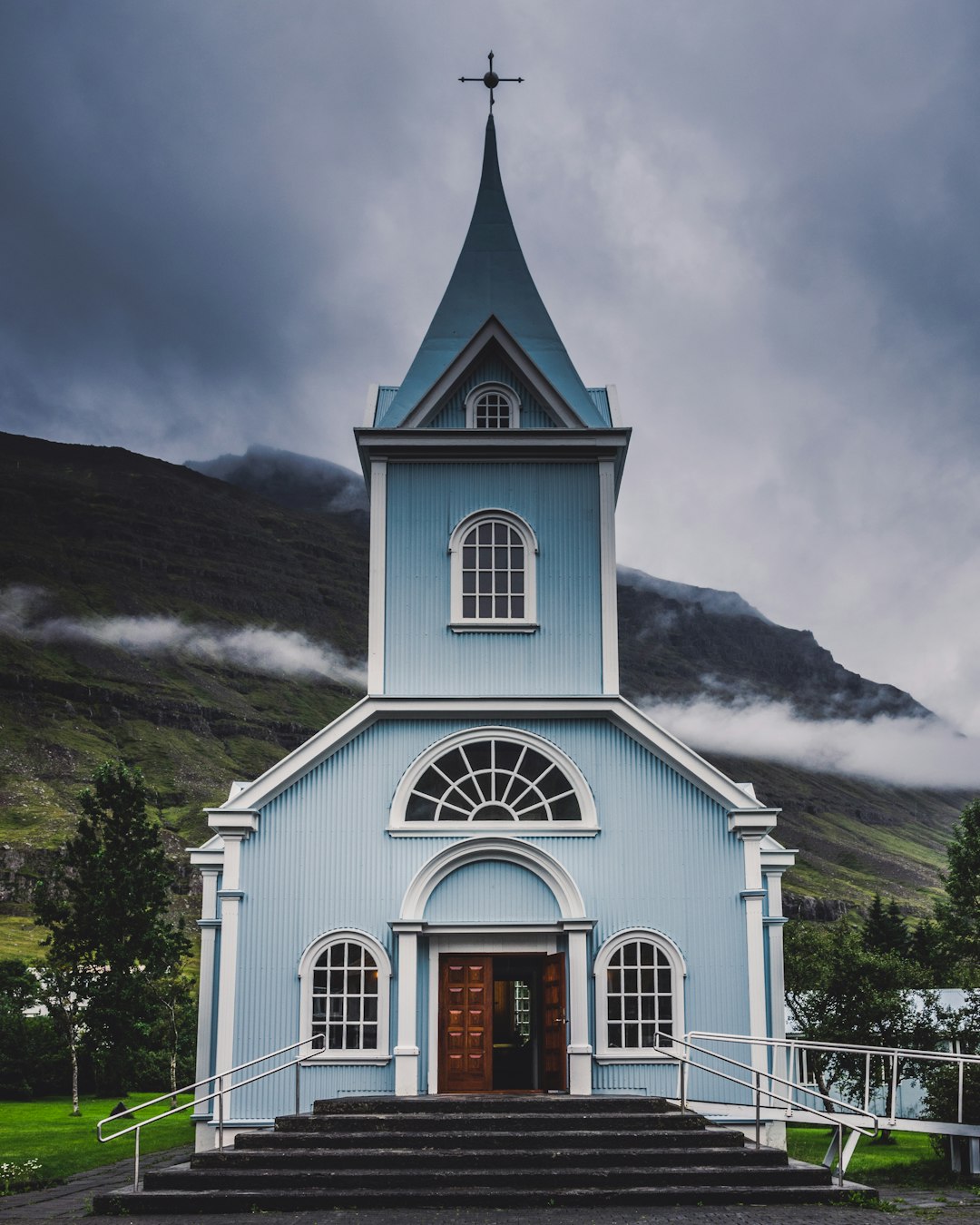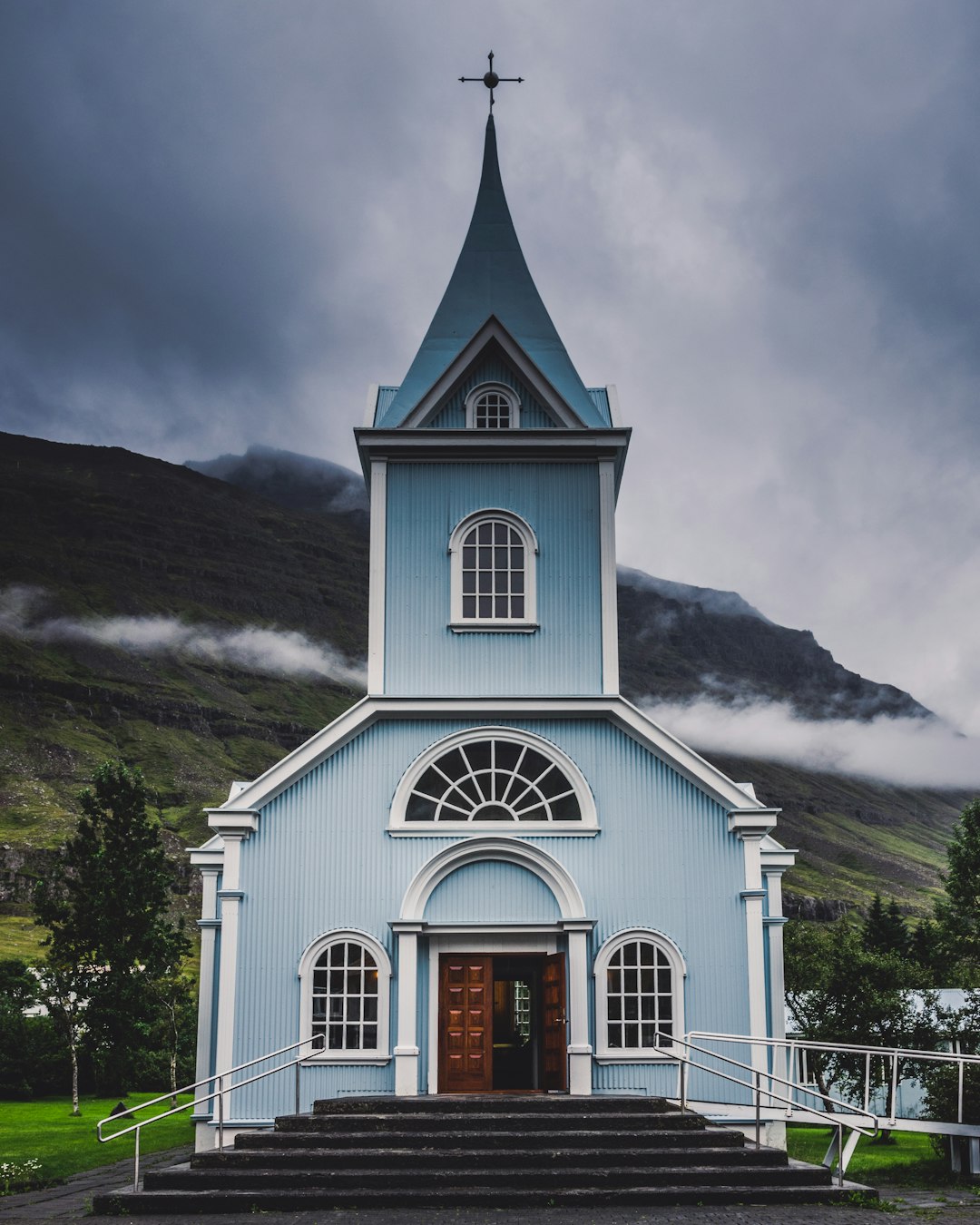In South Carolina, specific laws protect against spiritual manipulation within religious institutions, with clergy abuse attorneys guiding victims through complex legal processes for justice and compensation. These attorneys identify patterns in sexual misconduct cases to uncover systemic issues, promote accountability, and support survivors. They provide specialized legal aid, investigate allegations, secure resolutions, and hold perpetrators accountable to prevent future abuse. South Carolina's clergy abuse attorney network offers crucial representation for recovery and institutional reforms, including robust reporting mechanisms, education, and transparent policies.
In South Carolina, cases of clergy abuse have garnered significant attention, underscoring the need for a comprehensive understanding of relevant laws and the role of a clergy abuse attorney. This evaluation delves into critical aspects such as state-specific legal frameworks, patterns in sexual misconduct within religious institutions, and support mechanisms for survivors. Additionally, it explores how legal professionals specialized in clergy abuse cases can help hold perpetrators accountable while preventing future instances through robust policies and education.
Understanding South Carolina Clergy Abuse Laws
In South Carolina, clergy abuse cases are governed by specific laws designed to protect individuals from spiritual and emotional manipulation within religious institutions. If you’re considering legal action against a cleric or church for abuse, understanding these laws is crucial. A clergy abuse attorney in South Carolina can help navigate this complex landscape, providing guidance tailored to the unique circumstances of your case.
The state recognizes that spiritual authority can sometimes be misused, leading to instances of abuse, manipulation, or exploitation within religious organizations. Laws exist to ensure that individuals have recourse when facing such situations. These laws cover a range of abusive behaviors, from sexual misconduct to emotional and psychological manipulation, and provide avenues for victims to seek justice and compensation.
Identifying Patterns in Clergy Sexual Misconduct
In cases of clergy sexual misconduct, identifying patterns is a crucial step for both justice and prevention. South Carolina clergy abuse attorneys often examine recurring behaviors and circumstances that can help uncover systemic issues within religious organizations. By analyzing similar incidents, they can pinpoint commonalities such as targeted vulnerabilities (e.g., youth or new members), specific settings (like private retreats or one-on-one counseling sessions), and the use of authority or trust to exploit victims.
Recognizing these patterns enables attorneys and authorities to better understand the scope of the issue, facilitate more effective interventions, and support survivors in their pursuit of justice. It also helps raise awareness among both the public and religious communities, fostering a culture of accountability and safety, particularly for at-risk groups.
The Role of a Clergy Abuse Attorney in South Carolina
In cases of clergy abuse, individuals affected need a strong advocate who understands the unique legal and emotional complexities involved. This is where a Clergy Abuse Attorney in South Carolina steps into play. They are legal professionals specialized in handling such sensitive matters, ensuring victims receive justice and compensation for the harm they’ve endured. With expertise in state laws and church-related regulations, these attorneys guide clients through the legal process, offering support tailored to their specific needs.
A Clergy Abuse Attorney in South Carolina investigates allegations, collects evidence, and consults with experts to build a solid case. They negotiate with insurance companies and church authorities, fighting for victims’ rights while aiming to prevent similar instances from occurring again. Through litigation or alternative dispute resolution, these attorneys strive to secure fair resolutions, holding accountable those responsible for the abuse.
Supporting Survivors: Resources and Legal Aid
Preventing and Addressing Future Clergy Abuse Cases
Preventing and addressing future cases of clergy abuse in South Carolina requires a multi-faceted approach involving both institutional changes and legal strategies. One crucial step is to implement robust reporting mechanisms and policies within religious organizations, ensuring that all members feel safe and encouraged to come forward with any concerns or experiences of abuse. This includes clear protocols for investigating and addressing allegations, with the support of trained professionals.
Additionally, ongoing education and training for clergy and church leaders on recognizing and preventing abuse can be transformative. By fostering a culture of accountability and transparency, South Carolina communities can better protect vulnerable individuals. A strong legal framework, supported by competent clergy abuse attorneys in South Carolina, plays a vital role in deterring future instances of abuse and providing justice and healing for survivors.






